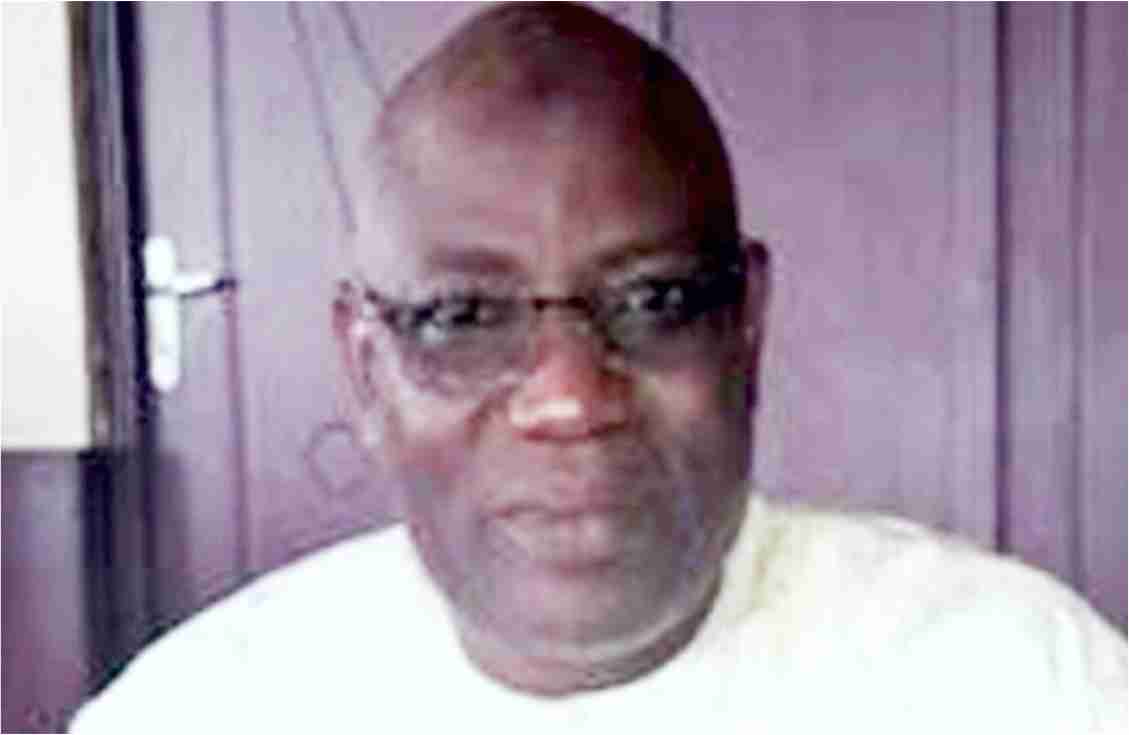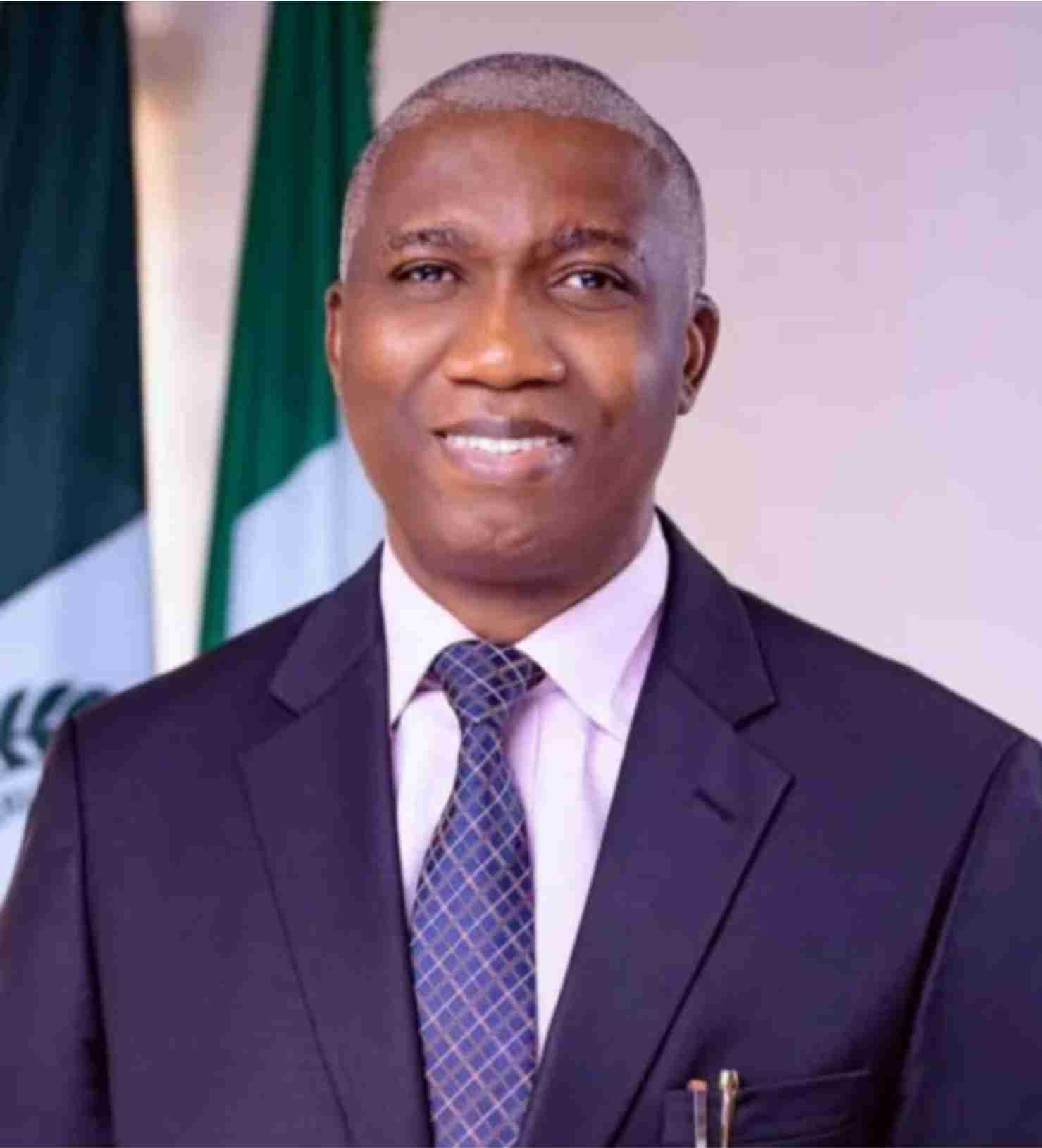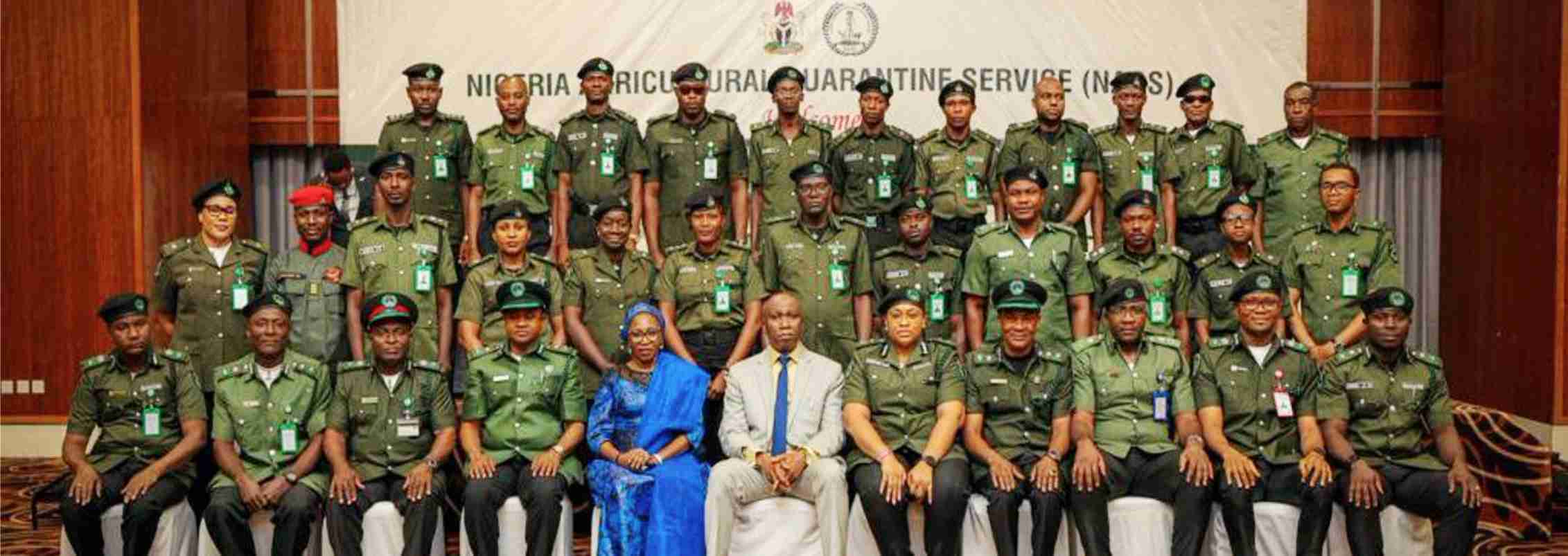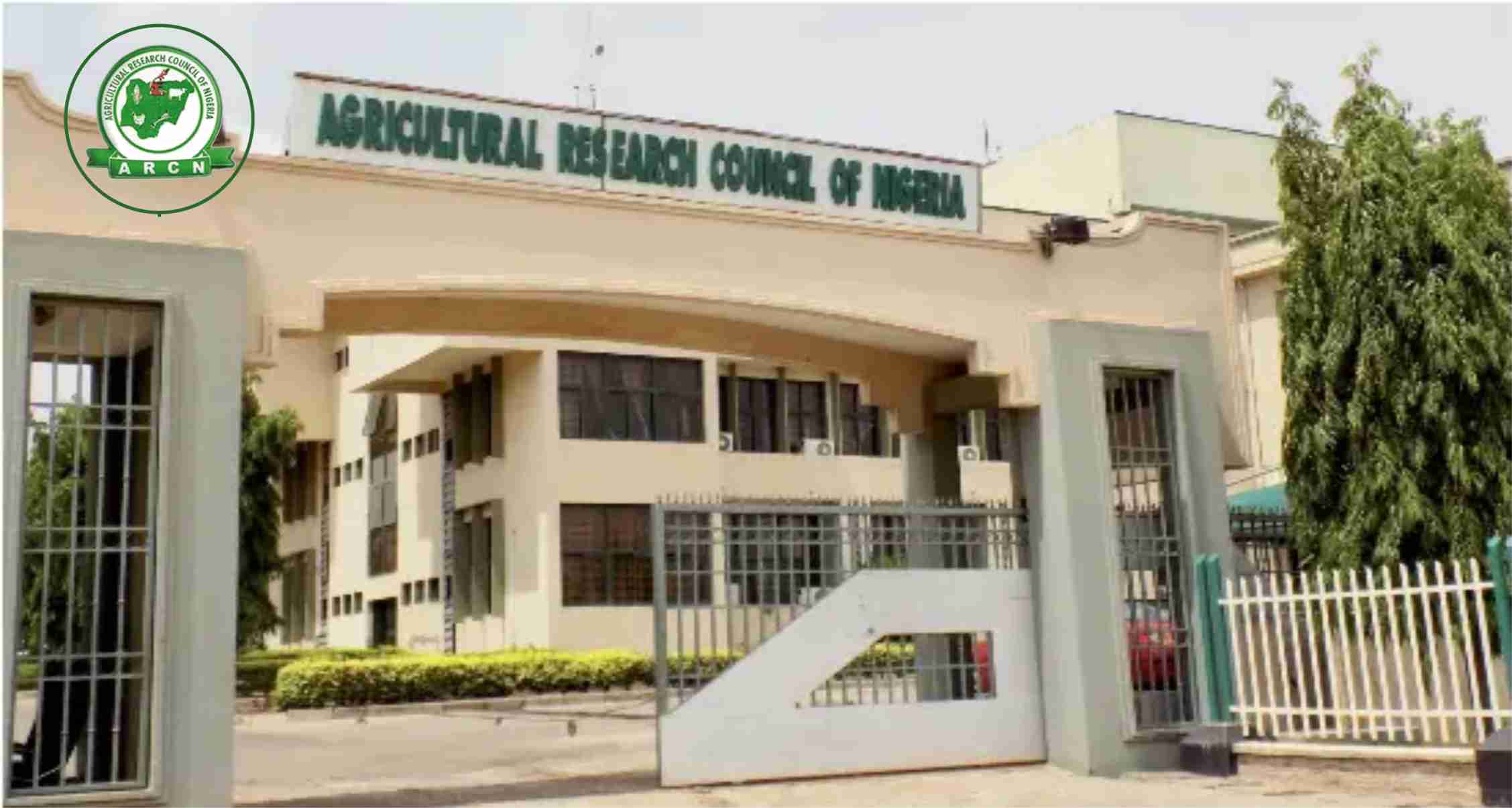In the realm of agriculture, where seeds symbolize the genesis of growth, Dr. Ishiak Othman Khalid, the Director-General of the National Agricultural Seeds Council (NASC) in Nigeria, stands as a beacon of transformative leadership. Since assuming office, Dr. Khalid has redefined the role of NASC, ensuring that quality seeds serve as the cornerstone of Nigeria’s agricultural revolution.
Dr. Khalid’s journey to becoming the Director-General of NASC is a testament to his unwavering commitment to agricultural development. A distinguished agronomist and visionary leader, his academic and professional background reflects an extensive understanding of seed technology, agricultural policy, and sustainable farming practices. Dr. Khalid earned his doctorate in agricultural sciences, specializing in seed production and management, from a prestigious institution, equipping him with the expertise to lead Nigeria’s seed industry.
Under Dr. Khalid’s stewardship, NASC has experienced a paradigm shift in its approach to seed production, certification, and distribution. Recognizing that quality seeds are pivotal to achieving food security, he has prioritized the enforcement of seed standards and the eradication of fake seeds from the market.
His initiatives have led to the implementation of the SeedCodex—a comprehensive framework ensuring that seeds produced and distributed in Nigeria meet international quality benchmarks. Through strategic partnerships with global agricultural bodies, NASC has aligned Nigeria’s seed sector with global best practices, thereby boosting farmers’ confidence in the seeds they plant.
Dr. Khalid’s tenure has been marked by the adoption of technology-driven solutions to address challenges in the seed industry. The introduction of the Electronic Seed Verification and Authentication System (ESVAS) under his leadership is a groundbreaking development. By enabling farmers to verify the authenticity of seeds through a simple mobile application, this innovation has significantly curtailed the distribution of substandard seeds while empowering farmers with knowledge and tools for informed decision-making.
Dr. Khalid’s leadership is characterized by fostering partnerships with stakeholders across the agricultural value chain. Through collaborations with international organizations such as the Food and Agriculture Organization (FAO) and the Alliance for a Green Revolution in Africa (AGRA), NASC has expanded its capacity to deliver high-quality seeds to farmers nationwide. Additionally, Dr. Khalid has championed training programs aimed at equipping seed producers with modern techniques and enhancing the capacity of NASC staff to regulate and monitor the seed industry effectively.
The impact of Dr. Khalid’s leadership extends beyond the seed industry. By ensuring the availability of high-yielding and climate-resilient seed varieties, NASC under his guidance has contributed significantly to Nigeria’s quest for food sufficiency. His efforts have empowered smallholder farmers, increased agricultural productivity, and fostered economic growth in rural communities.
Dr. Khalid’s contributions to Nigeria’s agricultural transformation have earned him numerous accolades. He has been recognized for his innovative approach to seed governance and his role in driving agricultural policies that promote sustainability and resilience. His leadership continues to inspire confidence among stakeholders and underscores the importance of quality seeds in achieving national development goals.
Looking ahead, Dr. Khalid envisions a Nigeria where every farmer has access to quality seeds, enabling the nation to not only achieve food security but also become a major player in the global agricultural market. His plans include further integration of technology, strengthening policy frameworks, and expanding research and development in seed production.
Dr. Ishiak Othman Khalid’s unwavering dedication to improving Nigeria’s seed industry underscores the critical role of leadership in transforming agriculture. As the Director-General of the National Agricultural Seeds Council, his efforts resonate with the aspirations of farmers and stakeholders alike, charting a path toward a more resilient and prosperous agricultural sector in Nigeria.



